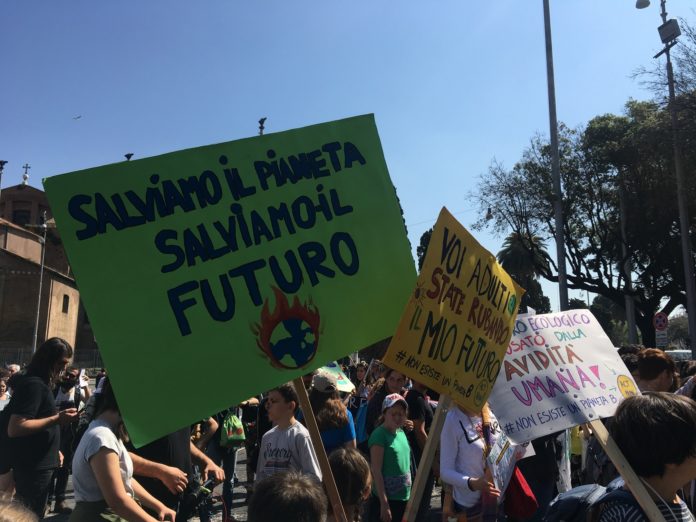Rome (NEV), December 21, 2019 – “With these conferences, the United Nations Organization forces governments – which compete with every means for supremacy over one another and for the hoarding of the planet’s resources – to tackle a topic such as climate justice, which collides with their system and with that of the interests they represent”. This was the statement by Antonella Visintin, coordinator of the Globalization and Environment Commission (GLAM) of the Federation of Protestant Churches in Italy (FCEI) on the sidelines of the COP25 conclusions in Madrid, which ended with a call to do more and with no commitment.
“On the agenda of this conference – Visintin says – the main steps for decarbonisation were the conclusion of the negotiations for the rules of article 6 of the Paris Agreement and a review of the Warsaw International Mechanism (WIM) for losses and damages associated to the impacts of climate change”. The first point concerns the carbon credit market and the national commitments for the reduction of greenhouse gases (NDCs – Nationally Determined Contribution) by 50% within 2030, and by 100% within 2050, and the second concerns the aid for losses and damages suffered by vulnerable countries.
The GLAM coordinator highlights the contradiction of the energy policies of governments which on the one hand are in favor of reducing the effects of climate change and on the other subsidize fossil energies: “While the green transition is little more than symbolic, according to the IEA (International Energy Agency) the total value of subsidies to fossil sources in 2017 was estimated to be over 300 billion dollars, 30 million dollars more than in 2016”.
Visintin, referring to the statement edited by the churches during the conference and entitled “Faith communities ask for climate justice”, concludes: “There is no more time. As a community of faith, we try to offer a positive and stimulating voice of hope that contrast fear, a voice of compassion against indifference, and a call for an urgent and equitable action. We encourage personal and political responsibility, immediate and fair climate action, sufficient climate finance and a positive transformation of social structures as well as a change in mentality. We have faith and hope that as humanity we can unite to face the serious climate crisis and open the windows to a better future”.




























